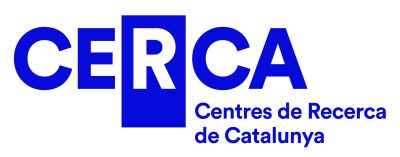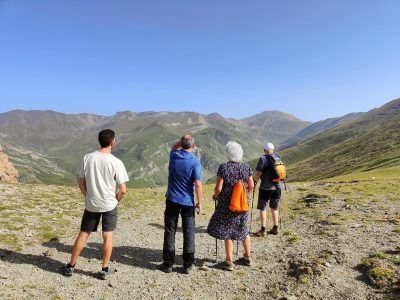
On September 9th and 10th, the municipalities of Ripoll and Queralbs will host the third meeting of the Cultur-Monts consortium, establishing themselves as the European center for mountain landscape archaeology.
The Cultur-Monts project will bring its members together in Ripollès to explore the cultural heritage associated with the mountain landscapes of this part of the Eastern Pyrenees.
Cultur-Monts aims to enhance the tangible and intangible heritage of the cultural mountain landscapes of southwestern Europe, positioning itself as a tool for sustainable regional development. The project will be implemented across five European regions over the next three years (2024-2026):
- Ripollès-Cerdanya (Pyrenees, Catalonia)
- Comarca de Babia (Cantabrian Mountains, León)
- Comarca del Camín Real de la Mesa (Cantabrian Mountains, Asturias)
- Sierra de Peneda-Gêres (Northern Region, Portugal)
- Puy-de-Dôme and Lozère (Massif Central, France)
Cultur-Monts was approved in the first call of the Interreg Sudoe 2021-2027 program and has a total budget of €1,689,340, 75% of which is financed by ERDF funds.
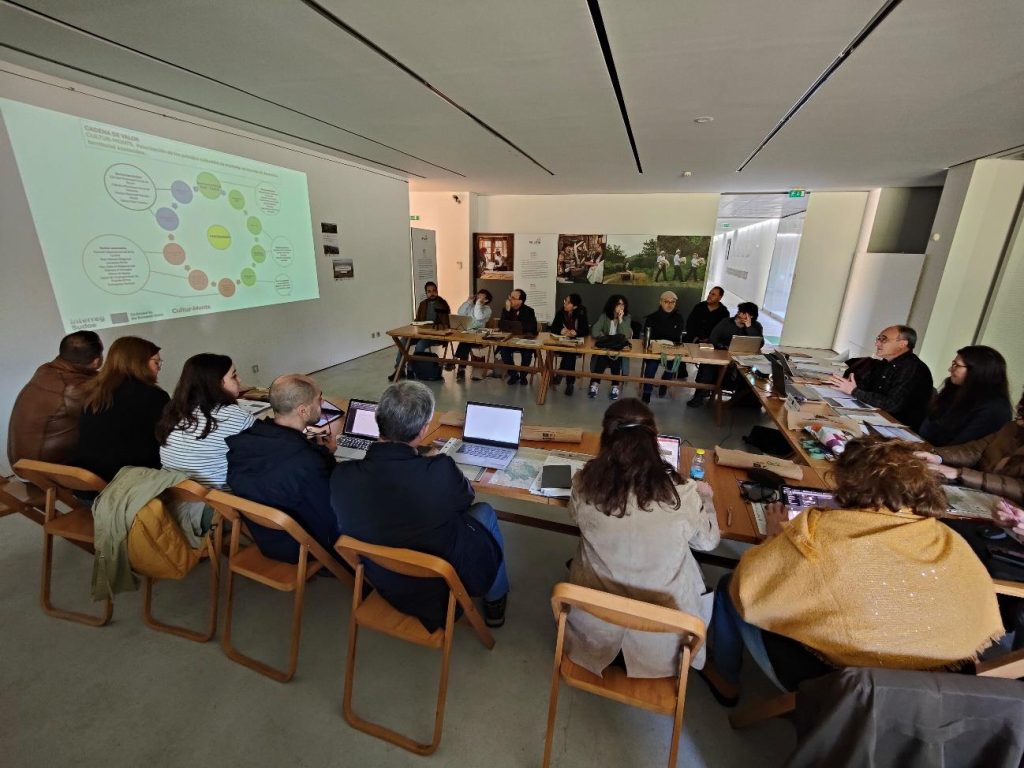
The international Cultur-Monts team, composed of members from ten research institutions, territorial management entities, and municipalities in France, Spain, and Portugal, will meet in Ripollès to continue advancing the project’s execution.
Cultur-Monts project aims to enhance the tangible and intangible heritage of the cultural mountain landscapes of southwestern Europe.
They will dedicate two days to getting to know the territory in detail, including the cultural landscapes and heritage elements to be valued in this work window and the local public, economic, and social agents with whom they will collaborate.
The meeting organizers are the Catalan Institute of Classical Archaeology (ICAC-CERCA), the main beneficiary of the project, and the Ripoll City Council, which is a beneficiary partner. The City Council of Queralbs, the Vall de Núria Station (FGC), and the Natural Park of the Headwaters of the Ter and Freser (PNCTF), associated partners in the consortium, are also collaborating. It has the support of the Ripollès Development Agency. The city councils of Meranges, Lles de Cerdanya, and the Municipal Museum of Llívia are participating.
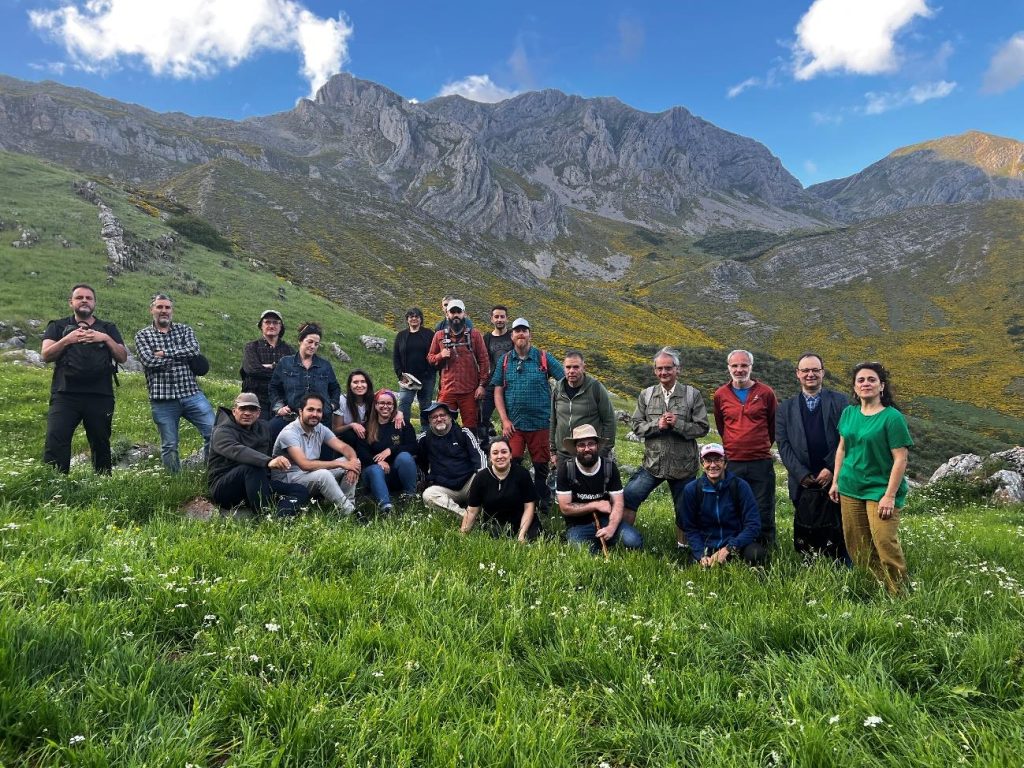
The members of the consortium will visit different emblematic heritage sites in Ripoll (the monastery, the Ethnographic Museum, the spaces of La Farga), as well as the valleys of Ribes (Vall de Núria and Coma de Vaca) and Camprodon (Tregurà de Dalt, Collada de Fontlletera, and Coll dels Tres Pics).
The program of the meeting focuses on the participation of local actors, listening to their needs and expectations, and identifying opportunities for joint work.
A cooperative network is sought to be established between Cultur-Monts and local communities to promote socio-cultural innovation processes, based on knowledge transfer, co-design of actions and resources, and participatory governance.
Another point of interest of the Cultur-Monts meeting is the encounter with active shepherds and livestock farmers or those with living memory of transhumance in Ripollès.
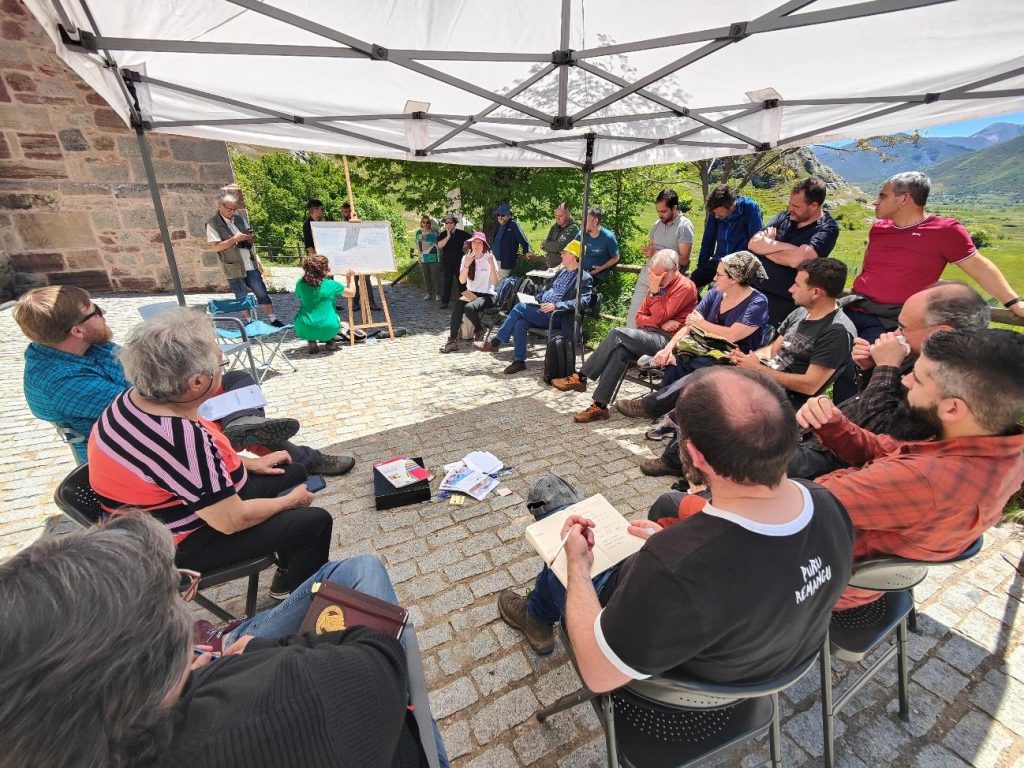
The project aims to preserve and pass down traditional practices and local knowledge that are at risk of fading away. These practices and knowledge represent a valuable intangible heritage tied to the cultural landscapes of the mountains. Revitalizing and promoting them could help retain young people in the area and attract new residents.
The meeting will conclude on Tuesday, September 10th, with a closing dinner at the Hotel Vall de Núria, attended by Carme Lucas, the Councillor for Culture of the Queralbs City Council.
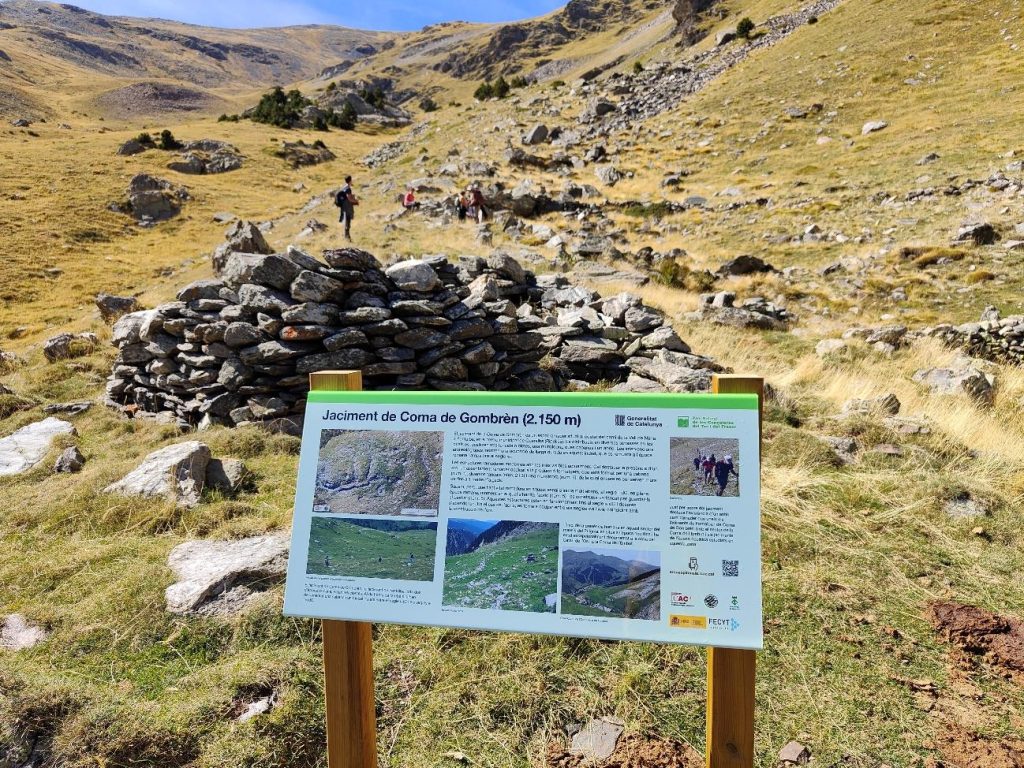

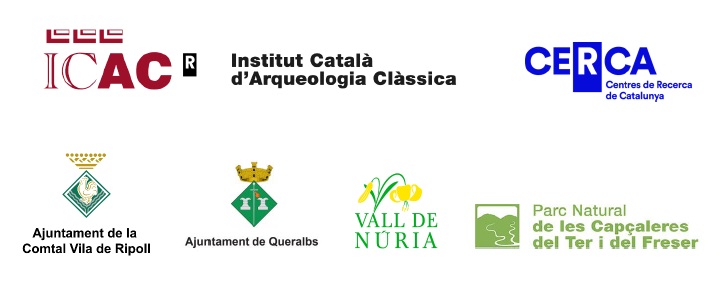
About the Catalan Institute of Classical Archaeology (ICAC-CERCA)
The Catalan Institute of Classical Archaeology (ICAC-CERCA) is a CERCA center established as a consortium in 2003 by the Government of Catalonia and the Rovira i Virgili University. It is a Catalan institution with an international scope, at the forefront of research and conservation of archaeological heritage. Its headquarters are in Tarragona, a city recognized as a UNESCO World Heritage Site in 2000. Its researchers work to understand the past through the study of archaeological remains and promote the preservation of the historical legacy. We are CERCA!
For more information, visit www.icac.cat.
